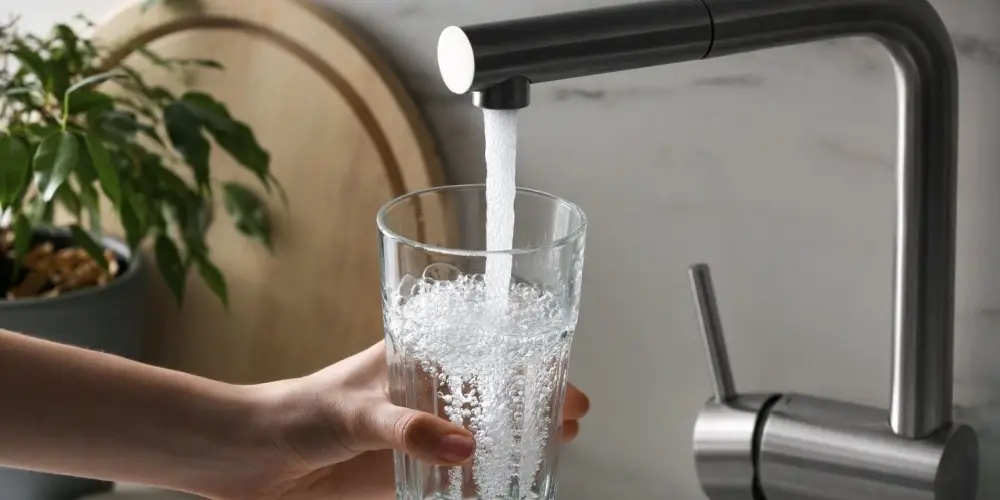After years of rising bills, sewage spills, and lacklustre regulation, the government has announced a sweeping overhaul of England and Wales’ water industry. The headline? Ofwat is being scrapped – and replaced with a new, all-powerful regulator.
Environment Secretary Steve Reed says this move will “prevent the abuses of the past” and fix a system he calls “broken”. But with many of the same faces staying on, and no plans for public ownership, not everyone’s convinced real change is on the cards.
So, what does this mean for your bills, your environment, and your right to clean, affordable water?
One regulator to rule them all
Right now, water in England and Wales is regulated by a patchwork of bodies. Ofwat oversees prices and investment. The Environment Agency keeps an eye on pollution. Natural England deals with biodiversity. And the Drinking Water Inspectorate checks the water we drink is safe.
The new watchdog will take on all of these roles. In theory, that means less finger-pointing and more action. It’s been sold as the biggest shake-up of the water industry in a generation. One that promises better oversight, tougher enforcement, and cleaner rivers.
But here’s the rub: many of the same staff are expected to make the jump from Ofwat and its counterparts into this new body. Are we looking at “the same people with a new logo”?
Rising bills – again
One of the most alarming findings in the review, is that water bills could rise by a whopping 30% over the next five years. That’s on top of the 26% hike already seen this year.
For many families, that’s simply not affordable. Over two in five households have reportedly cut back on essentials like food just to keep up with rising water costs. While the report rightly calls for more protection for vulnerable consumers, there’s little clarity on how or when that might happen.
What about sewage?
Let’s not forget sewage spills. Last year alone saw a record-breaking 3.6 million hours of raw sewage discharged into England’s waterways. That’s moved past unpleasant into dangerous.
The government says it wants to halve sewage discharges by 2030. But right now, monitoring is patchy and enforcement is weak. The new regulator will need serious teeth – and funding – to hold polluting companies to account.
Nationalisation off the table
Many campaigners hoped this review would recommend bringing water back into public hands, as is the case in Scotland. But the government ruled that out from the start, calling it too costly and too complex.
Instead, we’re getting what one campaign group described as “lipstick on a pig” – some new policies, but the same broken system underneath.
So, will this really change anything?
There’s no doubt the current system isn’t working. Water companies have racked up debt, let infrastructure crumble, and rewarded themselves with bonuses while pollution soared. At the same time, bills have risen and public trust has tanked.
Replacing Ofwat is a step – but only one of 88 recommendations in the report. And without serious political will, public pressure, and funding, there’s a risk we’ll end up with another toothless regulator.
The bottom line
Clean, affordable water is a basic right not a luxury. The new watchdog could be a turning point, but only if it’s backed by genuine reform, real enforcement powers, and proper support for consumers.
Until then, we’ll keep watching the watchdog.








